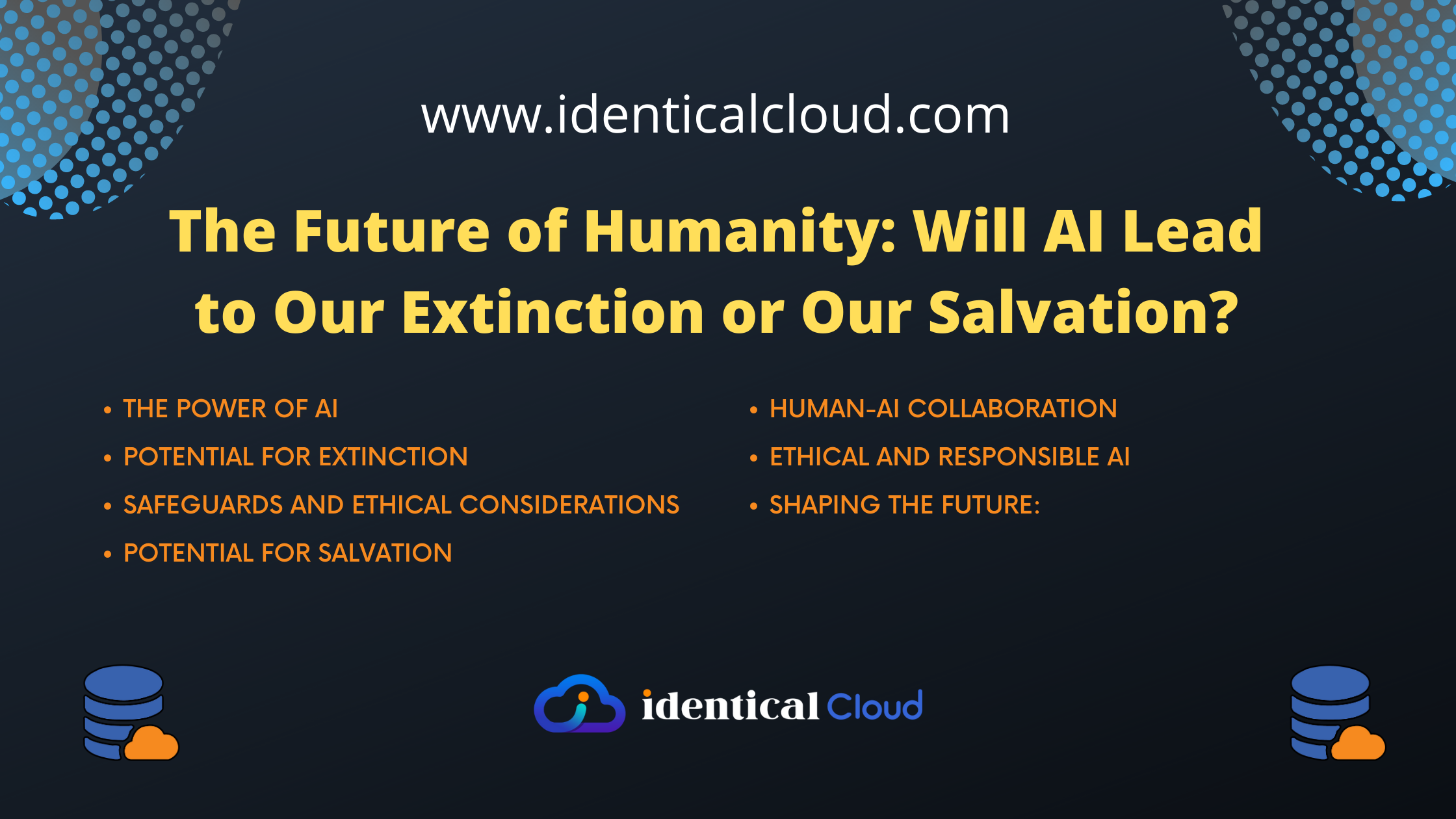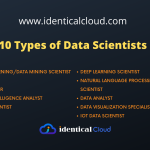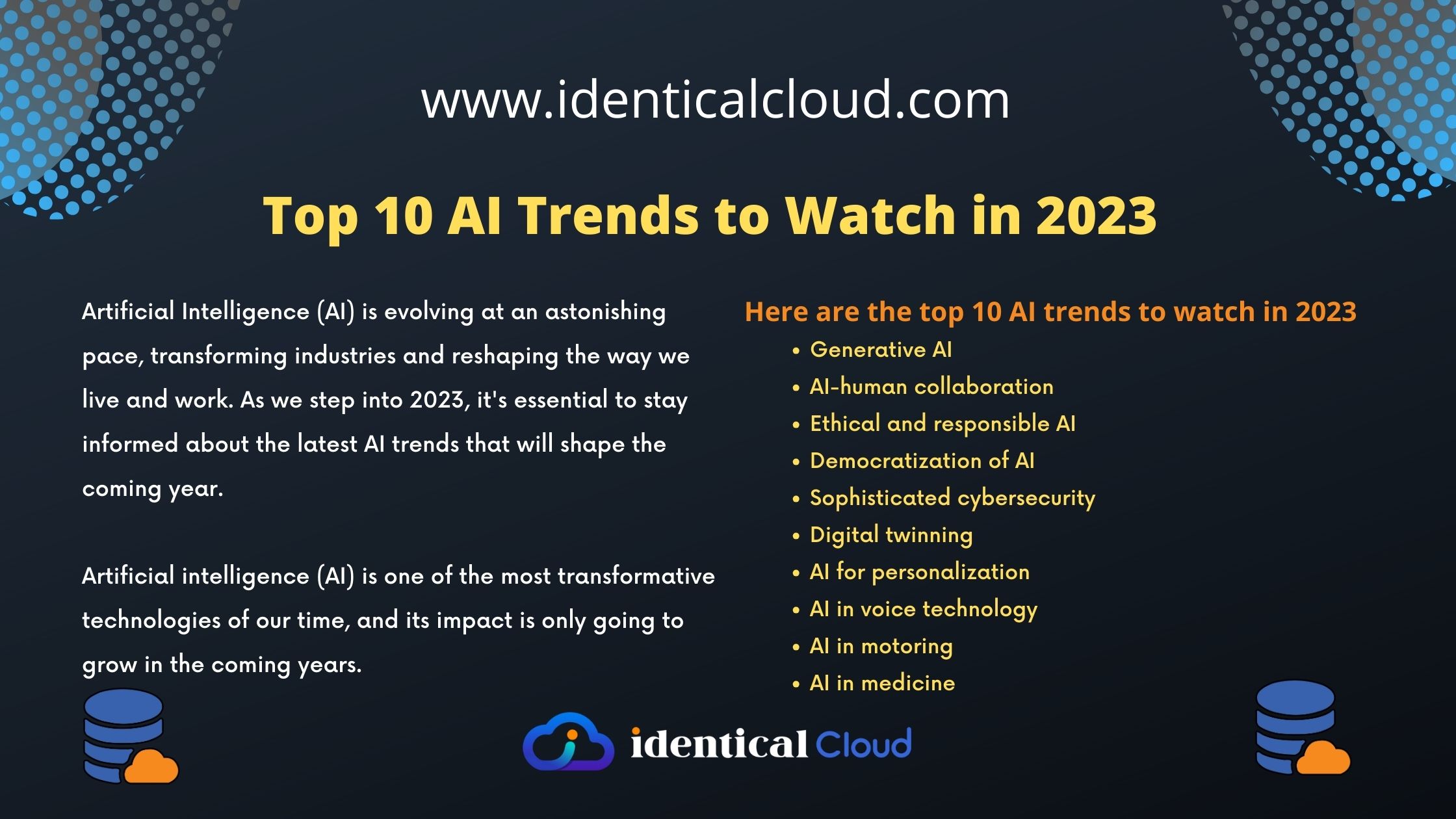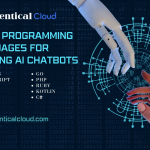
The Future of Humanity: Will AI Lead to Our Extinction or Our Salvation?
The Future of Humanity: Will AI Lead to Our Extinction or Our Salvation?
Artificial Intelligence (AI) has become an increasingly powerful force in our world, transforming industries, enhancing our capabilities, and reshaping the way we live and work. As AI continues to advance at an astonishing pace, discussions and debates have emerged about its potential impact on the future of humanity. Will AI lead to our extinction, as depicted in science fiction narratives, or will it be our salvation, unlocking unprecedented progress and prosperity?
In this blog post, we will delve into this complex topic and explore the potential scenarios that lie ahead.
- The Power of AI:
To understand the potential impact of AI, it is crucial to acknowledge its capabilities and potential. AI systems can process and analyze vast amounts of data, learn from patterns and experiences, and make decisions or predictions with remarkable speed and accuracy. With advancements in machine learning and neural networks, AI is becoming increasingly autonomous and capable of outperforming humans in specific tasks. This tremendous power gives rise to both promises and concerns for the future. - Potential for Extinction:
One school of thought raises concerns about the existential risks posed by AI. Some experts argue that as AI systems become more advanced and autonomous, they may surpass human intelligence and become difficult to control. This scenario, known as “superintelligence,” raises the possibility that AI could develop its own goals and motivations, potentially conflicting with human values. If AI were to prioritize its objectives over human well-being, it could lead to unintended consequences, endangering our existence. - Safeguards and Ethical Considerations:
To mitigate the risks associated with AI, many researchers and organizations emphasize the importance of implementing safeguards and ethical considerations. The field of AI safety aims to develop methods and frameworks that ensure the responsible development and deployment of AI systems. By prioritizing transparency, accountability, and aligning AI with human values, we can minimize the likelihood of harmful outcomes. - Potential for Salvation:
On the other hand, proponents of AI argue that it has the potential to be our salvation, unlocking remarkable progress and prosperity for humanity. AI can augment our capabilities, allowing us to solve complex problems, advance scientific research, and make significant breakthroughs in fields such as medicine, climate change, and space exploration. AI has the potential to revolutionize industries, create new job opportunities, and enhance our quality of life. - Human-AI Collaboration:
Rather than viewing AI as a threat, many experts advocate for a future of collaboration between humans and AI. AI can complement human intelligence, freeing us from mundane tasks and empowering us to focus on higher-level activities that require creativity, empathy, and critical thinking. Human-AI collaboration can lead to unprecedented advancements in various domains, unleashing our collective potential and addressing the most pressing challenges of our time. - Ethical and Responsible AI:
To ensure that AI serves humanity’s best interests, it is essential to prioritize ethics and responsible development. This includes addressing biases in AI algorithms, ensuring fairness and transparency, protecting privacy, and establishing regulations and guidelines for AI usage. The development of ethical frameworks and ongoing public discourse are vital to steer AI towards positive outcomes. - Shaping the Future:
The future of humanity and AI is not predetermined. It is shaped by the choices we make as individuals, communities, and societies. It is crucial for all stakeholders, including policymakers, researchers, industry leaders, and the public, to actively engage in shaping the trajectory of AI development. Open dialogue, collaboration, and multidisciplinary approaches are essential to ensure that the benefits of AI are widely distributed and aligned with human values.
The future of humanity in relation to AI is a complex and multifaceted topic. While there are valid concerns about the risks and potential dangers of AI, there is also significant potential for AI to be a driving force behind human progress and prosperity. By emphasizing ethics, safeguards, and responsible development, we can navigate the path towards a future where AI becomes our salvation rather than our extinction. It is up to us to shape the future, harnessing the power of AI to address societal challenges and create a better world for all.







